One of the advantages of pursuing a Master of Science in Medical Sciences (MSMS) with a Tiber Health University Partner is the fact that it opens the door to many health professional schools – not just medical school. One option some of our graduates choose is pharmacy school.
Choosing a career in pharmacy isn’t just about working in retail settings. Three of the most common career options for Doctor of Pharmacy (PharmD) graduates are retail pharmacist, hospital pharmacist, and research pharmacist. Below, we explore the key differences, benefits, and challenges of each.
Retail Pharmacy
Retail pharmacists are the pharmacists most of us are familiar with, and according to the U.S. Bureau of Labor Statistics (BLS), they’re also the most common type of pharmacist: 39% of all pharmacists worked in retail settings in 2023, the most recent statistical reporting year.
Retail pharmacists may work in chain drugstores, in the pharmacy sections of “big box” retail department stores, or independent pharmacies. Their duties will include compounding and dispensing medications, giving vaccinations, advising patients, and providing over-the-counter medications.
They’ll also have administrative duties such as maintaining patient records, and will also oversee the work of any pharmacy technicians and trainee pharmacists in their store.
Pros of Retail Pharmacy:
- Direct patient interaction, allowing pharmacists to build relationships with their community
- Typically offers a predictable work schedule with set hours
- Opportunities for career growth in management or ownership of independent pharmacies
- Often provides competitive salaries and bonuses
Cons of Retail Pharmacy:
- High-paced environment with long shifts, including weekends and holidays
- Heavy focus on sales and business operations, which may not appeal to all pharmacists
- Can involve dealing with frustrated or difficult customers
If you’re a PharmD graduate who likes being independent, doesn’t mind a fast-paced environment, and thrives on patient interactions, retail pharmacy is your best bet.
Hospital Pharmacy
28% of pharmacists worked in hospitals in 2023 (BLS). Hospital pharmacists work in hospitals, long-term care facilities, and other healthcare settings, collaborating with doctors and nurses to ensure that patients receive the right medications. Hospital pharmacists will have similar duties to retail pharmacists, except that they will compound intravenous (IV) medications, monitor drug interactions, and participate in clinical rounds.
Pros of Being a Hospital Pharmacist:
- Greater involvement in direct patient care, especially for those interested in clinical pharmacy
- Access to specialized medications and advanced therapeutic approaches
- Opportunities for specialization in areas like oncology, pediatrics, or critical care
- Generally better work-life balance than retail, with fewer customer service pressures
Cons of Being a Hospital Pharmacist:
- Requires additional certifications or residencies for career advancement
- Less direct patient interaction compared to retail pharmacy
- Can be emotionally challenging due to dealing with critically ill patients
If you enjoy collaborating directly with other healthcare professionals or are passionate about a specific pharmaceutical specialization, preparing to become a hospital pharmacist could be right for you.
Research Pharmacy
Pharmacists can also work in research work in pharmaceutical companies, universities, or government agencies. Research pharmacists contribute to drug development, clinical trials, and new treatment protocols. They may also play a role in quality control and the development of new safety regulations.
Pros:
- Opportunity to contribute to groundbreaking medical advancements
- Typically follows a structured work schedule with fewer weekend or holiday shifts
- Engages in scientific exploration and innovation, ideal for those with a strong research interest
- Often provides opportunities for collaboration with other healthcare and science professionals
Cons:
- To advance in the career, you may need to pursue education beyond the PharmD (e.g., a Ph.D., residencies, or fellowships)
- Less direct patient interaction compared to retail or hospital settings
- Career progression may be slower compared to other pharmacy fields
If you’re passionate about research and willing to pursue education even beyond a PharmD, becoming a research pharmacist could suit your goals.
Getting Started on a Pharmacy Career Path
No matter which path you choose, pharmacy remains a rewarding field with diverse opportunities to make a meaningful impact on healthcare. It all begins with the right education and support. Explore how the Tiber Health MSMS curriculum prepares you for pharmacy school, or find the MSMS University Partner for you today!



